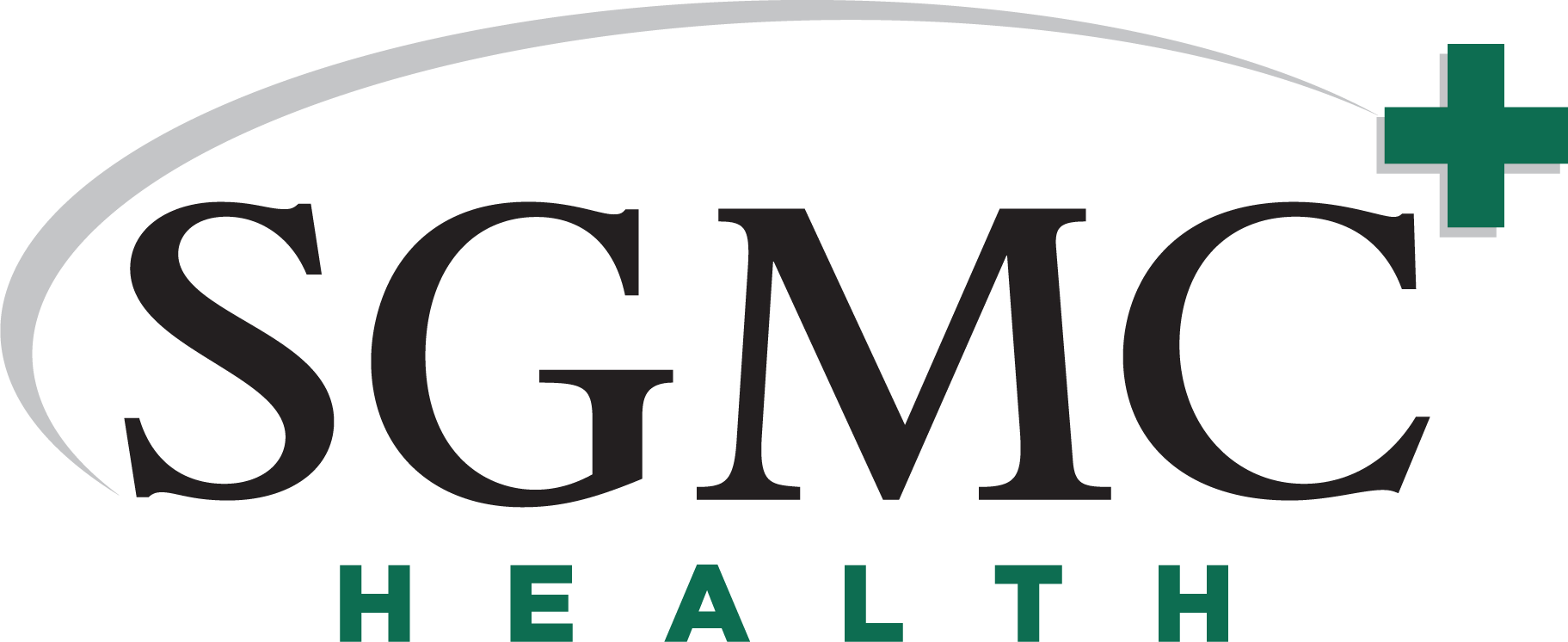South Georgia Medical Center is raising awareness of Peripheral Artery Disease (PAD) during September in an effort to save limbs through early detection. PAD is a leading, and preventable, cause of death in the United States, affecting nearly 20 million Americans each year.

PAD develops when the arteries that supply blood to the internal organs, arms and legs become completely or partially blocked. This blockage is caused by fatty plaque deposits that harden arteries, called atherosclerosis, and greatly reduces blood flow.
SGMC Vascular Surgeon Dr. David Hardy says, “Risk factors for PAD include smoking, a history of smoking, diabetes, high blood pressure, high cholesterol and heart disease.”
SGMC offers non-invasive tests for PAD such as an ankle-brachial index test, which compares blood pressure in the ankles and arms, and ultrasound tests which identify blocked arteries.
Although the long-term effects of PAD are serious, an astonishing 40 percent of people with PAD do not experience any symptoms. Approximately 50% of patients with diabetic ulcers have concurrent PAD.
If you have risk factors, your doctor may order a screening test to detect potential issues sooner and implement early interventions.
“A common symptom we see in patients is their ability to walk changes, patients find themselves unable to complete simple tasks like walking to the mailbox because they become so fatigued. Another, more visible, symptom would be sores or ulcers that aren’t able to heal properly. These are definitely causes for concern, and those individuals should speak with a specialist,” explained Dr. Hardy.
Advanced PAD results in delayed wound healing and greater risk for limb loss. Twenty-five percent of those with advanced PAD will experience an amputation within one year.
“We need to raise awareness in our communities about PAD and the importance of getting screened. Screenings for PAD are pain free and only require blood pressure cuffs and a small ultrasound,” said Dr. Hardy.
SGMC Wound Care and Hyperbaric Center provides specialized care that can reduce healing times, increase healing rates and significantly lower amputation risks. The center offers new advanced therapy including Hyperbaric Oxygen Therapy which speeds up healing of stubborn wounds, carbon monoxide poisoning, gangrene, and infections in which tissues are starved for oxygen.
For more information on identifying PAD and treating chronic or infected wounds, contact SGMC Wound Care and Hyperbarics located at 2330 N. Ashley Street, Valdosta, GA 31602 or call 229-249-5080.
